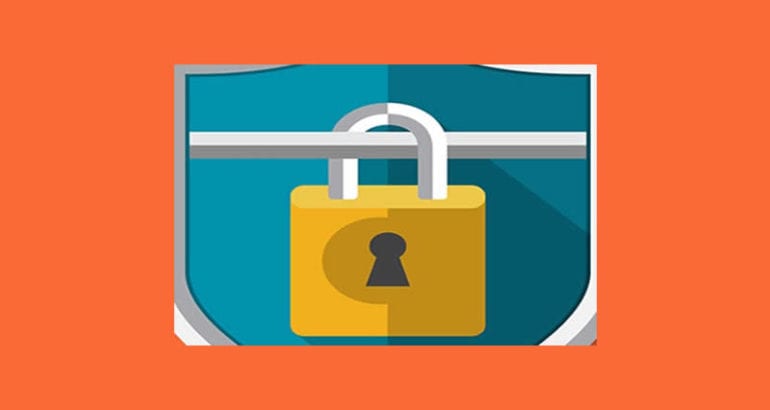A computer virus is just like its biological counterpart; it begins as a small infection and spreads like wildfire when left unattended. Important files and personal information stored in computers are all in jeopardy the moment a virus has compromised the system. Rather than suffer the consequences, you should learn how to protect your computer.
Install Antivirus, Firewall and Security Updates
The most conventional way of defending a computer from a virus is to install an antivirus. This software specializes in scanning for suspicious files, disabling malicious activities and preventing infections from spreading. Keeping the antivirus updated is important, because new forms of viruses constantly appear and circumvent outdated protections.
Another precautionary measure is by using a firewall, which keeps viruses and hackers from gaining a foothold in your computer’s operating system. Many modern operating systems come with built-in firewall that you should keep enabled.
Many security vendors offer antivirus and firewall software suites to protect your computer for free. And speaking of free security, check online if your operating system’s developer has rolled out security updates. Better yet, enable your system’s and security software’s automatic updates.
Have Common Sense
In many cases, users are typically at fault when there’s a compromise in the system. Reckless actions, such as opening unknown files, visiting shady-looking websites and sharing personal information online without hesitation, expose the users and their computers to hackers.
Having good judgment is critical when accessing the Internet. From Web links to email messages, malicious software is present everywhere. Never click on a darn thing online when you don’t know what it is, even when it’s tempting you to do so. Even if it’s a friend who sent you the message containing a weird link or file attachment, don’t click it until you’re quite sure it’s safe. Who knows?
Maybe your friend’s computer has already been compromised, and it’s automatically sending malicious files at the behest of the hackers.


